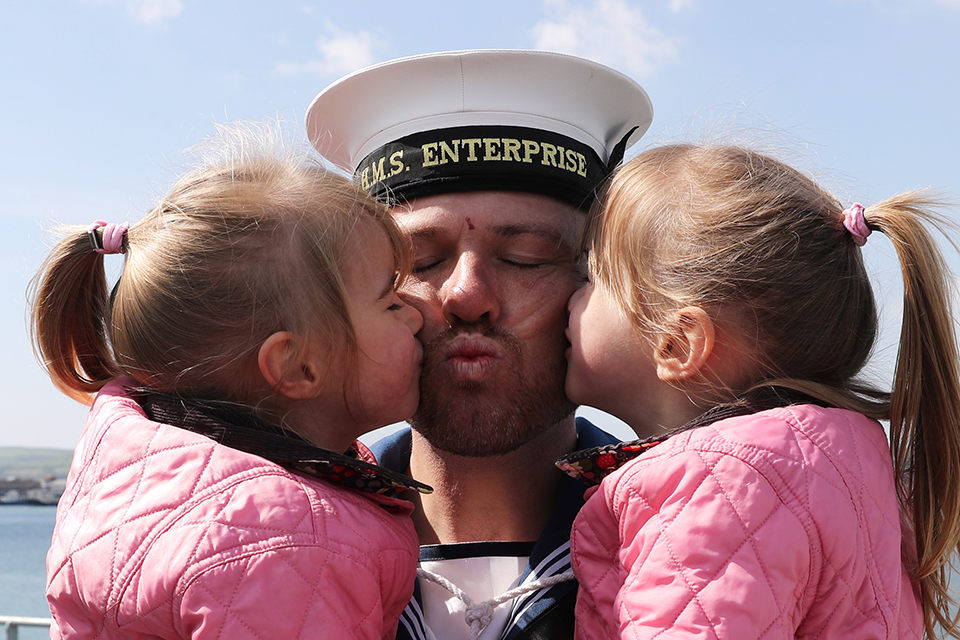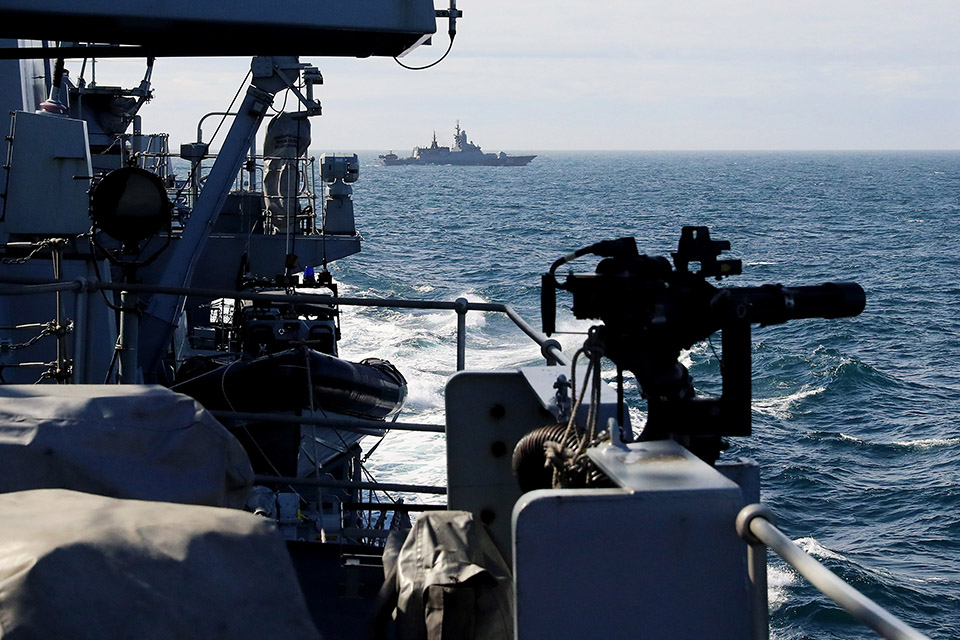The money will help organisations across the country to continue the invaluable work they do to support older veterans, which includes providing access to health care and carers, support with using the internet, and offering general advice.
Defence Minister Mark Lancaster said:
Our veterans have given so much for their country, and the Aged Veterans Fund is a way of us thanking our older veterans and ensuring they are cared for in later life.
One of the awards, totalling almost £4 million, went to Poppyscotland who manage 14 projects under its Unforgotten Forces programme, which provides wellbeing improvements to homes, helps to prevent veterans from feeling isolated, and support to those who suffer hearing problems.
Mark Bibbey Chief Executive at Poppyscotland said:
We want people to understand that key organisations in the area of support provision have joined forces to provide a more holistic provision for aged veterans. If a veteran is engaged with one organisation, for example, they can immediately be referred to another – or multiple consortium members if required. The essence is strength in numbers and we want the identity of our consortium to reflect this.
Age UK received £4.4 million for its Joining Forces scheme, which gives up to 12 weeks of tailored support for older veterans across the country, providing information and advice, practical support at home, access to social events and digital technology, and opportunities to become more active.
Steve Hampson, Head of Innovation & Programmes at Age UK said:
Joining Forces allows us to build on the work we already do across the country with older veterans and to reach out to those who may need more support. The grant means we can develop and test our services, and learn more about how best to support older veterans to get more out of later life. Our work has at its core what older people want to achieve for themselves.
£4.8 million was awarded to the Legion Healthy Living Portfolio, led by The Royal British Legion, to promote healthy living through a number of ways including local activities, research to improve services, and the training of specialist staff.
Steve Baynes, Head of Grants and Social Policy at The Royal British Legion said:
This grant will help the Legion continue its work with a network of charities, supporting the Armed Forces community through thick and thin. In particular, the grant will enable us and our partners to focus on achieving lasting social change for aged veterans. The veterans to benefit will be from a range of communities, including those who are at risk of becoming socially isolated, struggling with their physical or mental health, with hearing loss or in residential care. Many of the projects will also benefit carers and family members of those who Served, and some are research-oriented so that we, as a society, are better informed of current and emerging needs.
The ten charities to receive the awards are Age UK, Poppyscotland, The Royal British Legion, the British Nuclear Test Veterans Association, Cornwall Rural Community Charity, Rural Action Yorkshire, St Johns and Red Cross Defence Medical Welfare Service, Age Cymru, Seafarers UK, and Hospice UK.
The Aged Veterans Fund which was set up in 2015, had a total of £30 million of LIBOR funds available to support older veterans.
It is designed to support non-core health, wellbeing, and social care needs for older veterans (born before 1 January 1950), including surviving Second World War veterans, those who undertook National Service, and other voluntary enlisted veterans who may need some focused support in relation to their health and social care needs.
This final round of awards comes after the Aged Veterans Fund initially granted £6.6 million to eight organisations in 2016.


